The Marquis’s Honey!
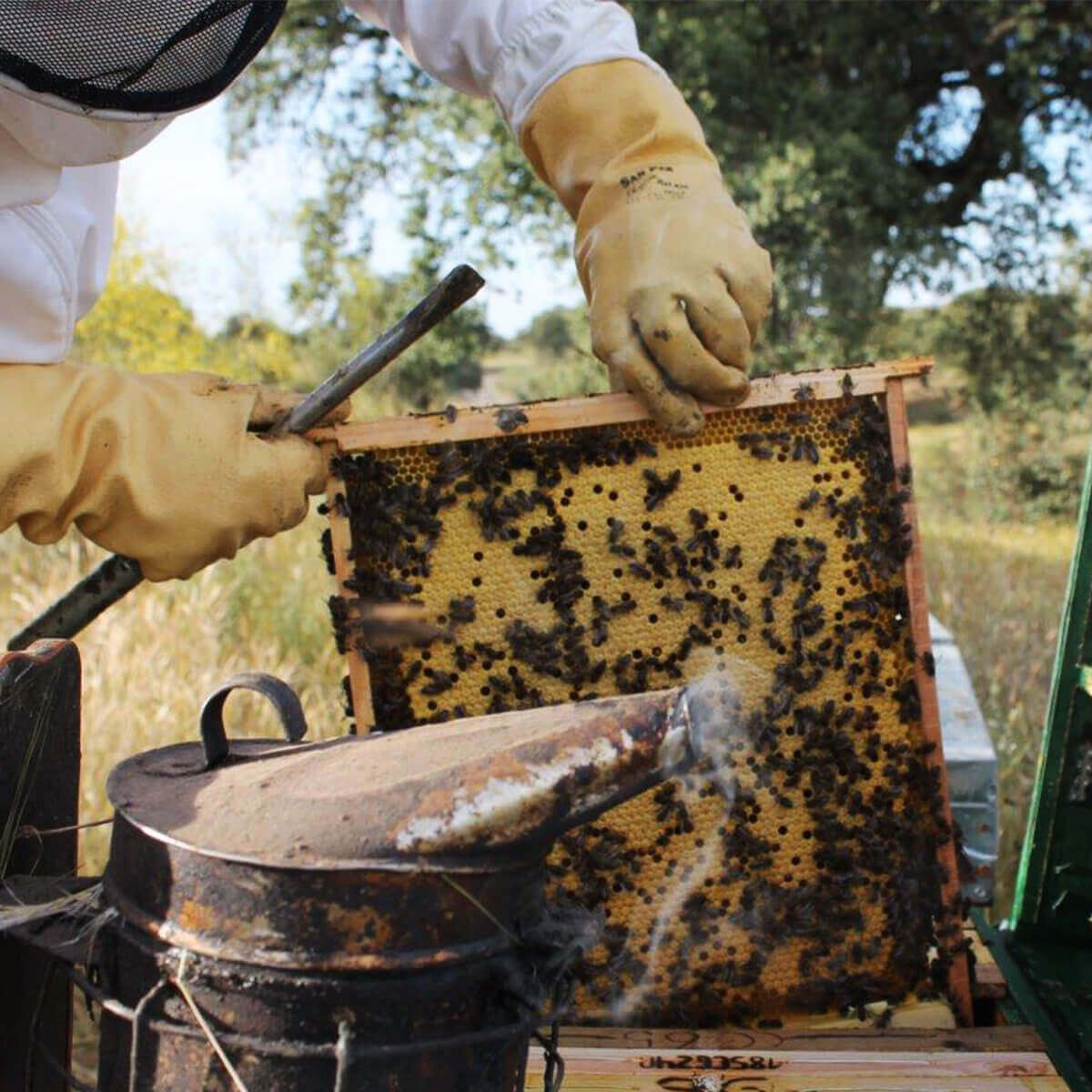
Honey was discovered in Africa... some 40,000 years ago!
Highly organized into a hierarchical society, bees work hard to make this golden delight, the staple food that helps them survive through the winter season. Tasked with gathering nectar and pollen, foraging bees can travel up to 6 km to find their bounty! Upon returning to the hive, they hand it over to receiving bees, who then pass it along to the workers bees building the honeycomb. 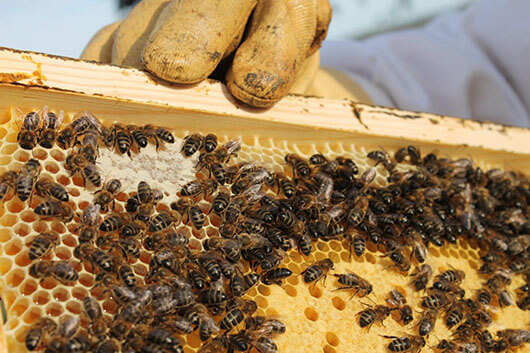 Finally, fanning bees dehydrate the nectar by flapping their wings, regulating the temperature while the mixture ripens into honey. This remarkable teamwork is led by the queen bee, and has been overseen by humans for several centuries.
Finally, fanning bees dehydrate the nectar by flapping their wings, regulating the temperature while the mixture ripens into honey. This remarkable teamwork is led by the queen bee, and has been overseen by humans for several centuries.
Fun fact: A scientist studying foraging bees has calculated that to produce 1 pound of honey, a bee makes 17,000 outings to gather nectar from 8,700,000 flowers, the equivalent of 7,000 hours of work! A hive yields on average 40 kg of honey per year.
The unique aromas of the Marqués de Valdueza estate!
Many of you already know the award-winning extra virgin olive oils from the Marqués de Valdueza estate, where flowers typical of Spain’s Extremadura region thrive.
For generations, the de Valdueza family has been dedicated to protecting the ecosystem on its lands. This is what inspired their commitment to keeping bees and harvesting their own artisanal honey!
Beekeeping secrets
Honey production is a complex activity, one that rests entirely in the hands of people wearing white suits that make them look like astronauts… you guessed it, we are talking about beekeepers! 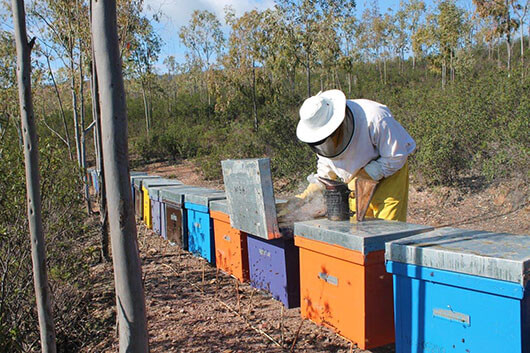 They are the ones who determine the honey’s flavour by placing the hives strategically, based on the landscape and climate.
They are the ones who determine the honey’s flavour by placing the hives strategically, based on the landscape and climate.
That is how you can enjoy monofloral honey, made from a single variety of flowers, such as Marqués de Valdueza’s orange blossom or heather honey.
To make another exceptional product, holm oak honey, the bees fill up on the sap dripping from oak trees or acorns. The resulting honey has a unique character.
The “wild flower honey” designation refers to a blend of several different aromas. For instance, Marqués de Valdueza’s wild flower honey combines the fragrances of three flowers typical of the Mediterranean region: lavender, rosemary and thyme.
It is worth pointing out that not all flowers attract honey bees!
Is honey good for your health? Yes, as long as it isn’t pasteurized!
Marqués de Valdueza’s honeys are not pasteurized, which is a good thing! Honey heated to over 40 degrees (pasteurization occurs at 70 degrees) loses all its beneficial properties and transforms into sugar. The crystallization of unpasteurized honey is a natural phenomenon. This honey retains all of its health-giving elements.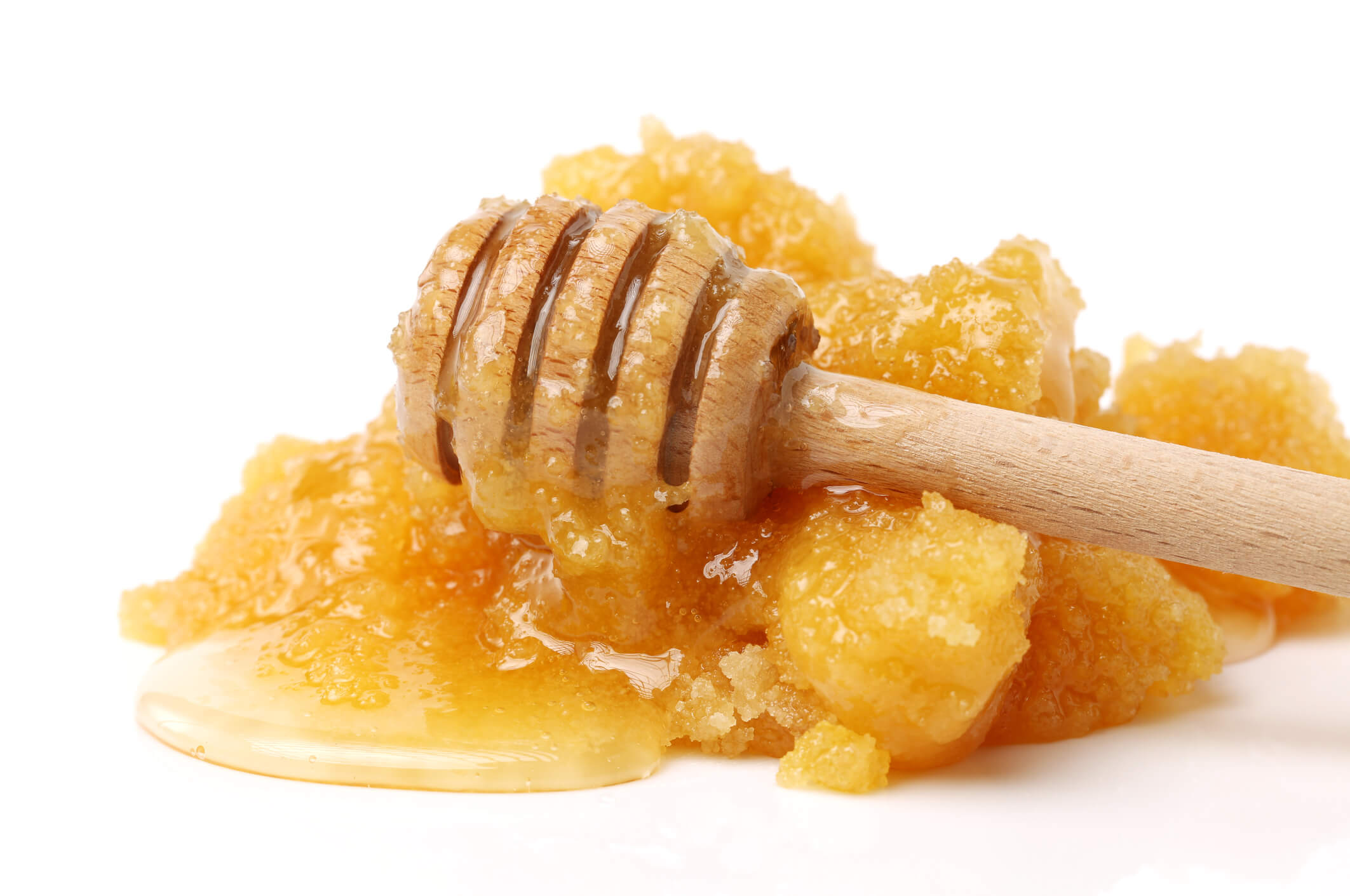
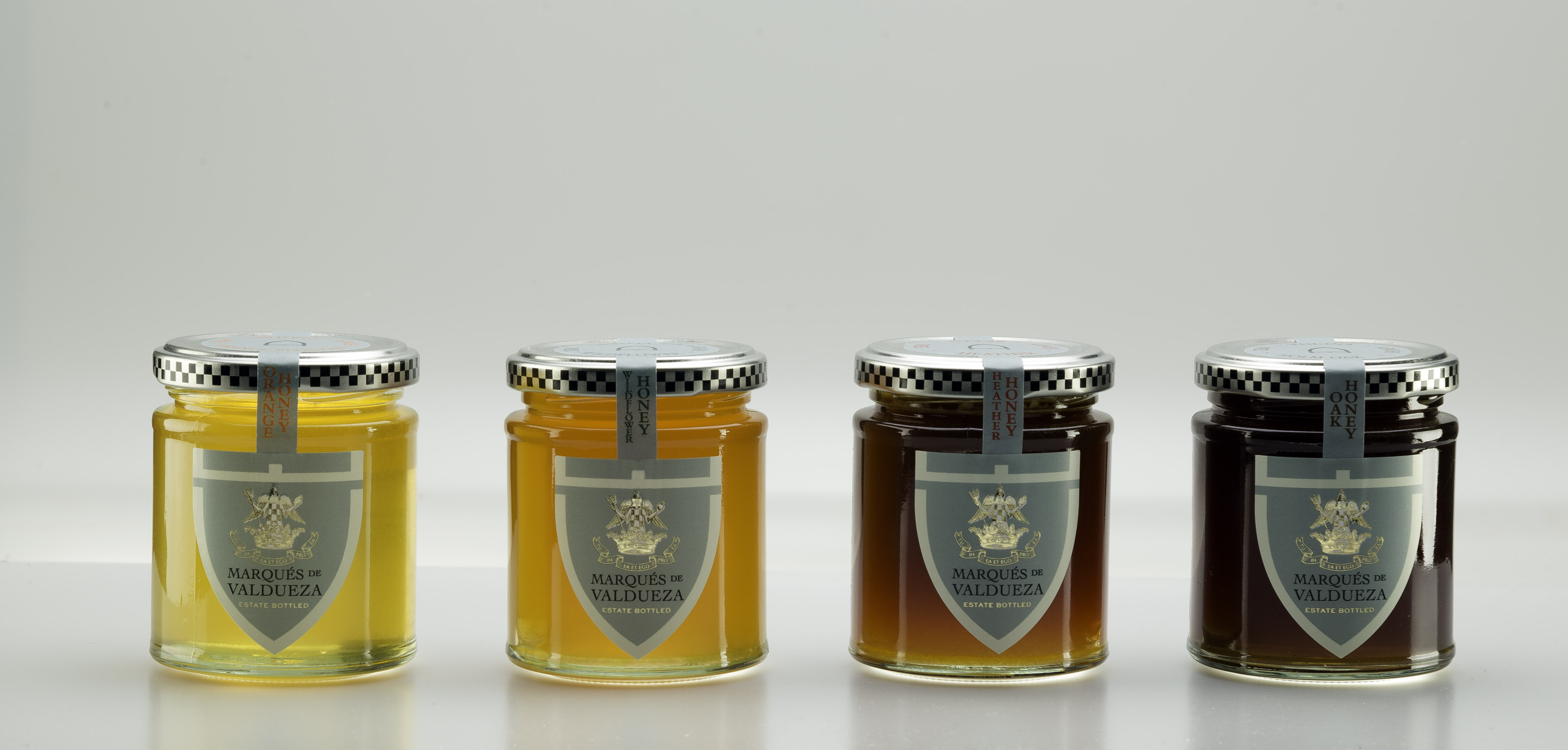 According to a study published in the Journal of the Science of Food and Agriculture, honey may have the capacity to inhibit tumour growth in mice! Here are a few of its numerous health benefits:
According to a study published in the Journal of the Science of Food and Agriculture, honey may have the capacity to inhibit tumour growth in mice! Here are a few of its numerous health benefits:
- - Antibacterial properties to protect against diseases
- - Calming properties to counter insomnia
- - Natural inflammatory
- - Easily digestible
Remember never to heat this precious nectar in the microwave: it would lose its beneficial properties! If you need runnier honey for a recipe, close the jar tightly and run it under hot water, or transfer the desired amount of honey to a bowl and heat it gently over a double boiler.

